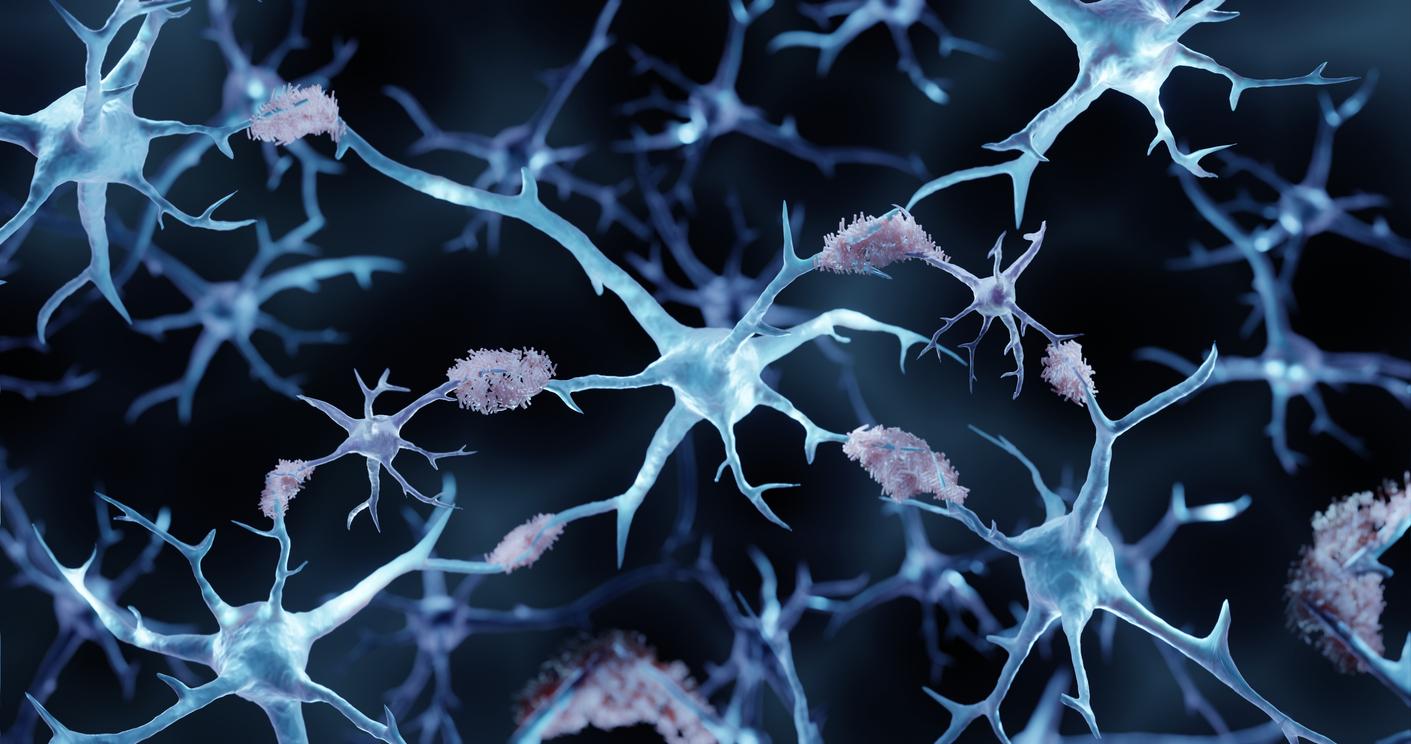Fear of failing, of facing a surly superior or of breaking down because of an overloaded schedule, family and professional life to be taken on alone … There are many reasons for stressing when returning from vacation. Some organisms manage to adapt, others, overwhelmed, express their difficulties through the stomach.
Acute stress (back to school, exam …) or chronic (difficult relationships at work, painful daily transport, marital tensions …) and the whole digestive system is racing. Intestinal transit speeds up, which promotes abdominal pain, the feeling of a lump in the stomach which suppresses appetite, bloating, diarrhea …
The belly is directly “plugged in” to our emotions
The intestine contains more than 200 million neurons that allow it to communicate with the brain, and vice versa. The two organs are therefore intimately linked, our digestive system thus reflecting our psychological state. The intestine is constantly receiving signals from the rest of the body and from the emotions, which makes it extremely sensitive to our level of well-being or discomfort, both physical and mental. Stomach aches without an organic cause are therefore purely psychosomatic? Not only. It’s true, stress alone can cause or worsen bowel problems, but there is an organic reality. People who suffer from it actually have uncontrolled contractions of the digestive tract, as well as heightened sensitivity. Even normal contractions are seen as painful. This is how a vicious circle sets in: stress promotes stomach aches which, themselves, cause pain and cause additional stress.
Disorders on all floors
“Stress activates the sympathetic nervous system which usually slows down digestive activity, explains Professor Bruno Bonaz, gastroenterologist . Conversely, it inhibits the parasympathetic nervous system (especially the vagus nerve) which normally increases salivary, gastric and intestinal secretions, facilitating digestion. The hypothalamus, on the other hand, releases a hormone which causes a modification of the intestinal flora and increases intestinal permeability. ” Result: the emptying of the stomach and the transit of the small intestine slow down, while the motor and secretory activity of the colon is accelerated, promoting diarrhea. Finally, fragments of bacteria (antigens) diffuse inside the digestive tract, because the permeability of its wall increases. They activate the immune defenses of the intestine, causing inflammation and pain.
Learn to relax
To top it all, “Stress lowers the pain tolerance threshold and makes you more sensitive to everything that happens in the digestive tract”, adds Professor Benoît Coffin, gastroenterologist. Some medications can be effective from time to time, but this is not enough. To stop suffering, you must first learn to better manage your stress and reduce the heightened perception of pain. In short, relax!
For further
6 tips to get back to work stress-free
Back to school: it’s time for the health check-up
What if your stomach aches were due to stress?
















